Real reason behind court decision to pause Khan’s sentence
3 min readAfter much ado, the Islamabad High Court finally suspended Imran Khan’s three-year prison sentence in the Toshakhana case on Tuesday.
While the former prime minister will remain behind bars because of being implicated in a number of other cases, a debate immeditely erupted about whether Imran had managed to get relief from judge his own party had maligned because of strong arguments, or if the courts had ‘rescued’ him.
The answer, boringly, is neither of those things. The real reason that Imran’s sentence is very short.
The written order written by Justice Aamer Farooq and Justice Tariq Mahmood Jahangiri runs to nine pages and sums up everything that happened in the proceedings.
It explains that Imran’s lawyer, Latif Khosa, pointed out a number ‘shortcomings’ in the Toshakhana verdict by the trial court.
Khosa argued that complaints regarding asset statements can only be filed withing 120 days of their submission, while the Election Commission was much late in doing so. It also adds that the application was not file through the ‘duly appointed person’. Khosa argued that issues of jurisdiction should have been decided by the trial court before discussing merits of the case.
Finally Khosa argued that Imran was not afforded a proper chance to defend himself as his witnesses were labelled irrelevant. He also told the IHC that the matter was decided in ‘undue’ haste.
In response, ECP’s lawyer Amjad Pervaiz also discussed technical points. He added that since Imran has been imprisoned, he has been handed over to the state but the state was not made a party to the case.
Pervaiz also argued that the appeal in the matter should actually have been filed infront of the sessions court instead of going straight to the IHC.
He also argued against Khosa’s point about the right to defence, saying that Imran chose not to show up in court despite being given multiple opportunities. He said that Imran tried to ‘frustrate’ the proceedings.
However, with all the back and forth arguments by the lawyers concluded, the matter came to a single point. Can Imran Khan’s sentence be suspended, in a similar fashion to a bail, because it was of ‘short’ duration.
Khosa argued that appealing for suspension is actually like appealing for bail and that Imran is entitled to bail since three years amounts to a short sentence. Interestingly, one of the cases he referenced was Nawaz Sharif vs Chairman NAB (2019). Pervaiz argued that it was not necessary that every sentence be suspended.
In repsonse, the IHC said that the Supreme Court has looked down upon long arguments in matters of suspension or bail. It also agreed with Khosa that three years, or even five years for that matter, is a short sentence and is generally suspended.
It added that arguments over the merits of the case are not needed at this stage.
“… the arguments raised by both sides as to the jurisdiction and and other issues involve deeper appreciation of the matter which at the stage of suspension is not warranted, especially, where the sentence is a short one …”
In the end, it was the short length of the sentence given to Imran Khan that ironically became the reason for his release orders.
For the latest news, follow us on Twitter @Aaj_Urdu. We are also on Facebook, Instagram and YouTube.



















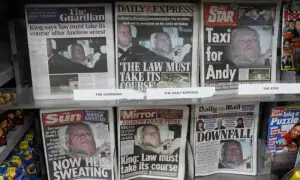

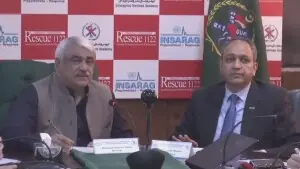
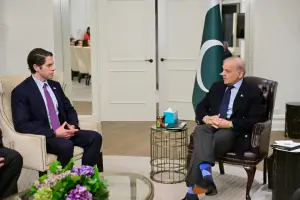
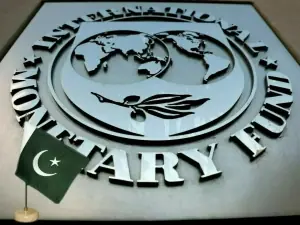
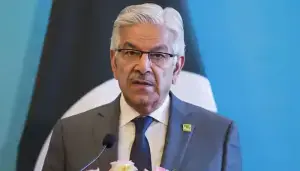
Comments are closed on this story.